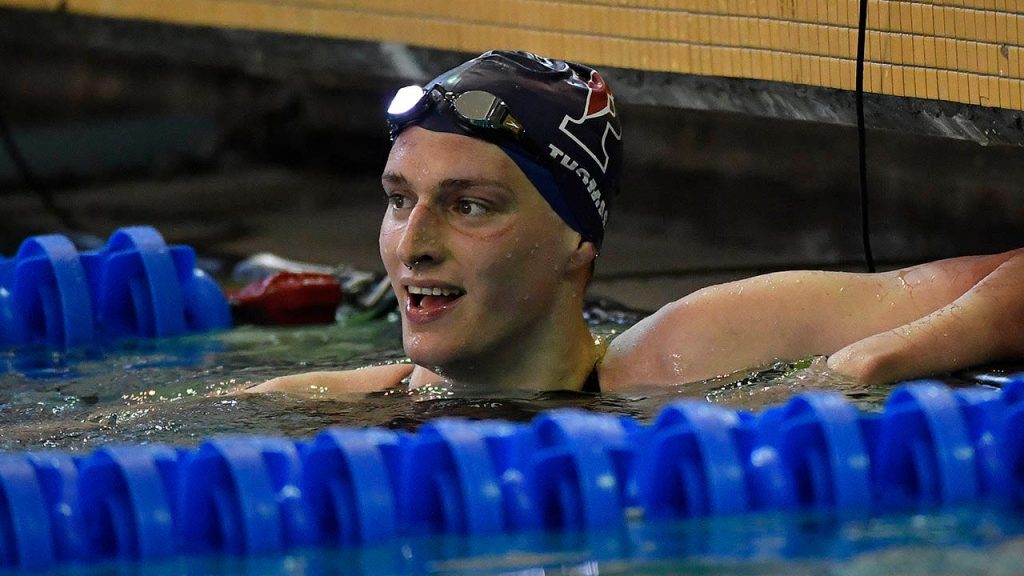In a recent appearance on CNN’s “The Lead” with Jake Tapper, ESPN reporter Katie Barnes discussed the ongoing debate surrounding transgender women in sports. Barnes stated that there is not enough scientific evidence to definitively support the idea that transgender women have an advantage over biological women in athletic competition. While acknowledging that there are differences in athletic performance based on sex, Barnes noted that scientific support for broad-based restrictions across all sports and levels of competition is lacking. She emphasized the need to consider individual sports, team sports, and the level of competition when addressing this topic.
Barnes referred to a 2021 study published in the British Journal of Sports Medicine, which found that transgender women may maintain an advantage over biological women even after a year of hormone therapy treatment. Dr. Timothy Roberts, the director of an adolescent medicine training program, suggested that a two-year period may be more realistic for leveling the playing field between transgender and cisgender female athletes at the elite level. Barnes also commented on the NAIA’s decision to ban transgender women from competing against biological females in sports, noting that this policy falls in line with a trend of restrictive measures impacting transgender athletes in recent years.
The discussion surrounding transgender women in sports has been a contentious and complex issue, with differing opinions and perspectives on whether they may have a competitive advantage over biological females. Barnes highlighted the need for more research and nuanced understanding of this topic, taking into account the specific dynamics of individual sports, team sports, and different levels of competition. The ongoing debate reflects the current societal attitudes towards transgender athletes and the evolving policies and regulations within sports organizations.
As controversies and discussions continue to unfold regarding transgender athletes in sports, it is crucial to consider a variety of factors, including scientific research, medical guidelines, and the broader social context surrounding this issue. Barnes’ comments on the lack of conclusive scientific evidence supporting a blanket advantage for transgender women in all sports highlight the complexity of this debate and the need for nuanced analysis and understanding. The evolving policies and regulations within sports institutions, such as the NAIA’s decision to restrict transgender women from competing against biological females, reflect the broader societal trends and debates surrounding gender identity and inclusivity in sports.


